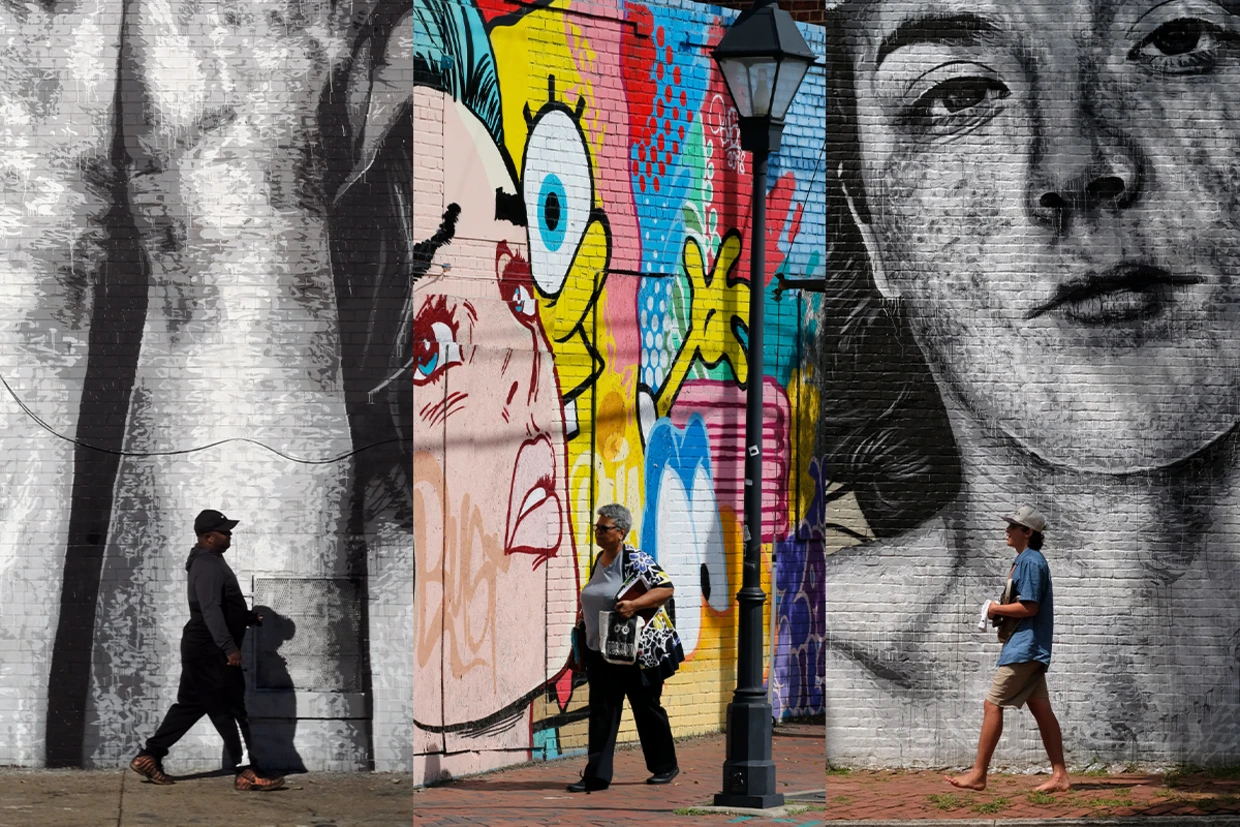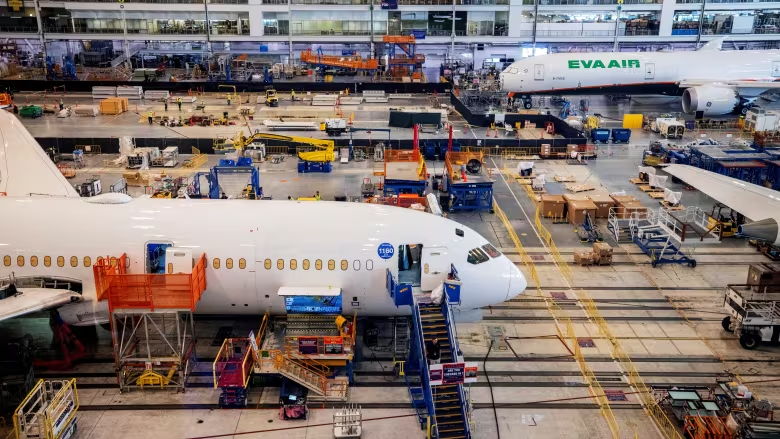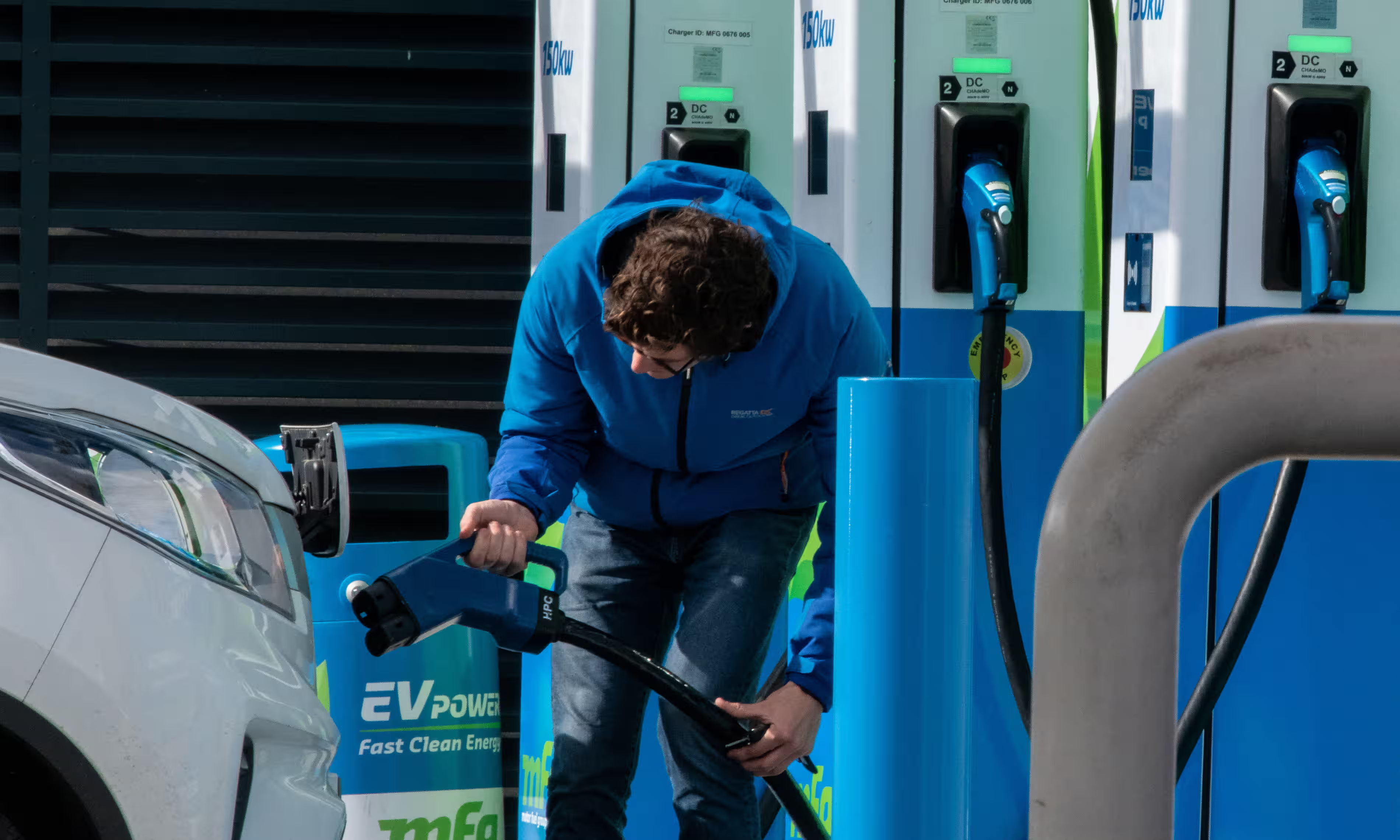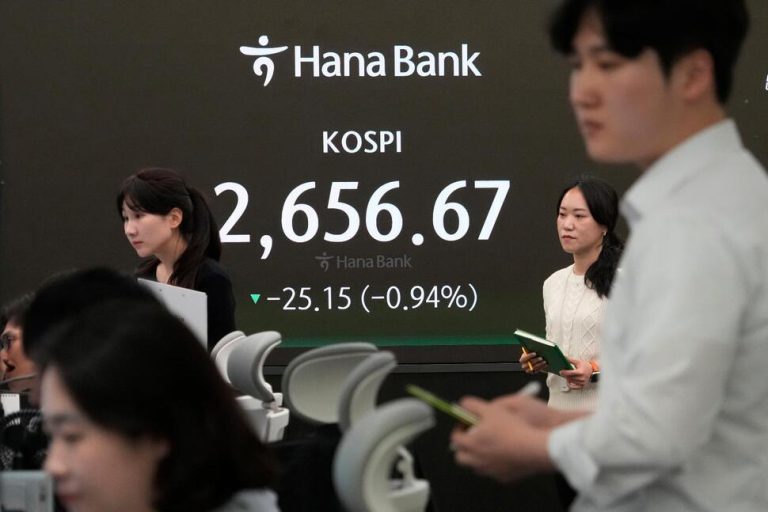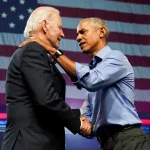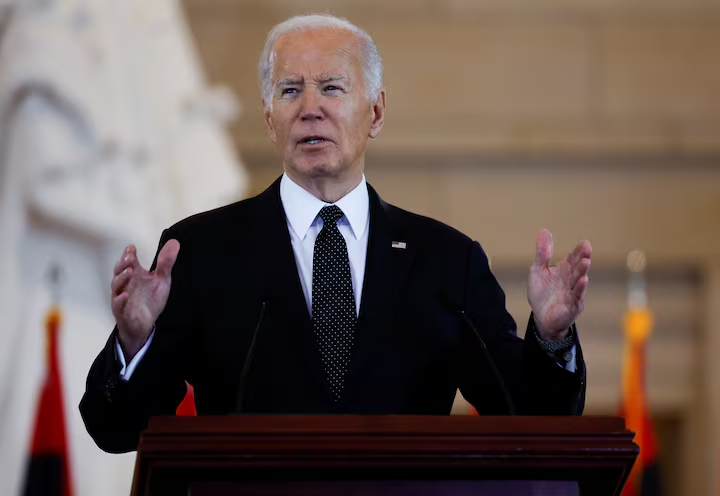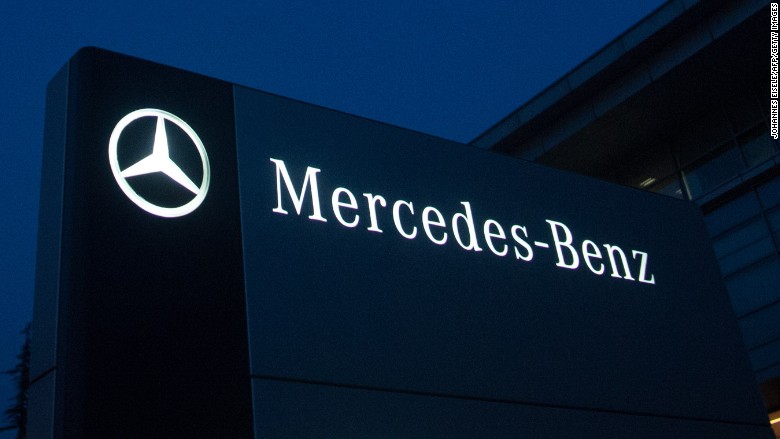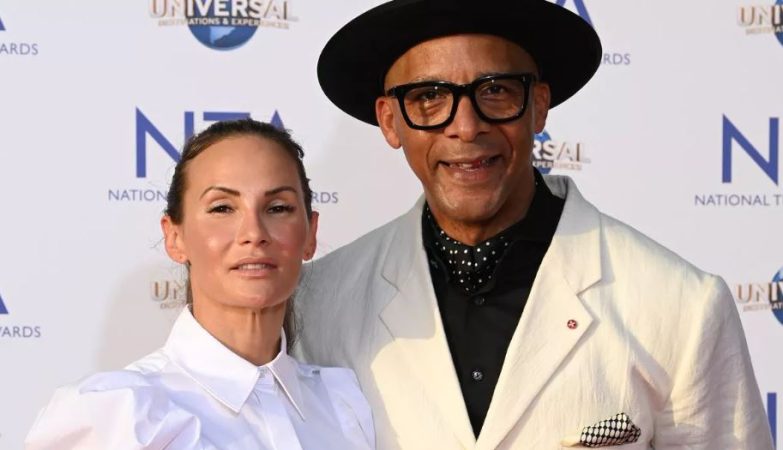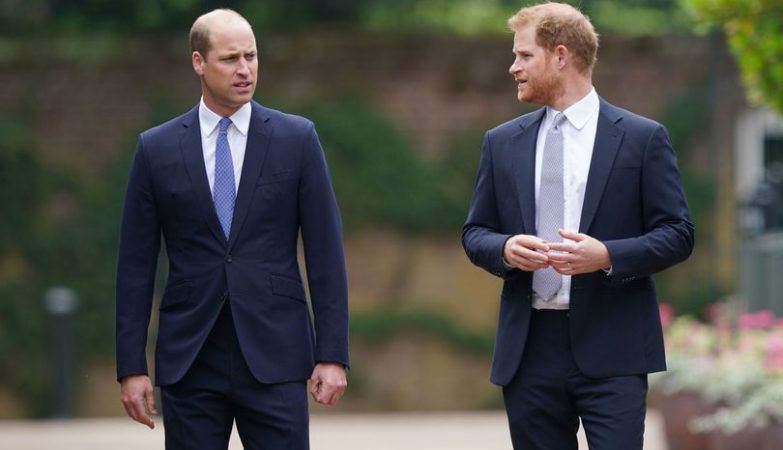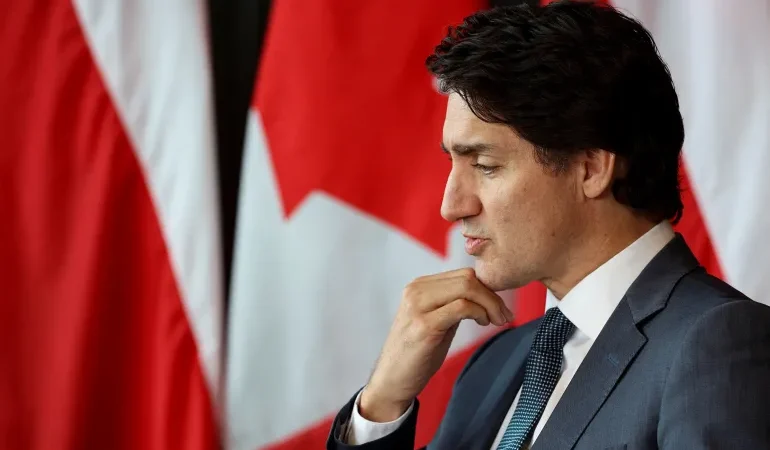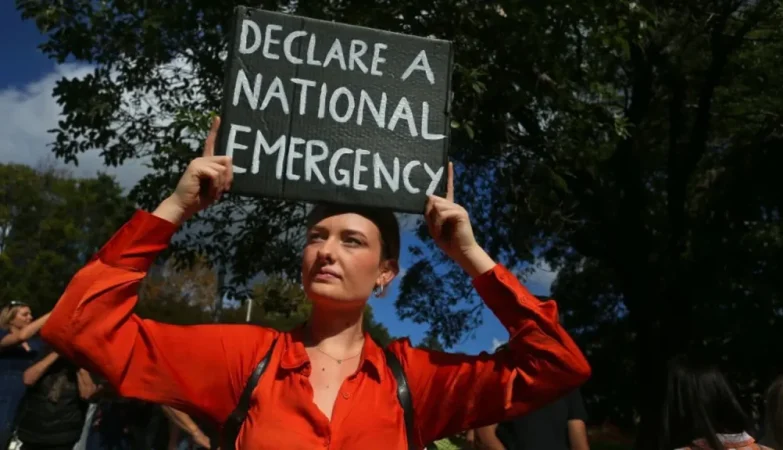Across the country, city-led guaranteed income programs are delivering unrestricted payments to struggling households, including those ineligible for other aid. Conservative critics are pushing back.
Just weeks after Kiki Ramos received her first $500 monthly payment from the Richmond Resilience Initiative, her car was stolen.
“It would have been a big domino effect if I didn’t have this extra money,” she said.
Her damaged vehicle was soon recovered, but without the additional cash, the 33-year-old pharmacy technician couldn’t have afforded to get it fixed or secure a rental in the meantime, given her $1,000 insurance deductible. That would’ve meant figuring out car pools or public transportation to and from work, and little ability to shuttle her boys, ages 12 and 3, to doctor’s appointments and recreational activities.
Ramos is one of 46 participants in a guaranteed income program now in its third iteration in Virginia’s capital, a city of around 230,000 people where 1 in 5 live in poverty. The initiative is one of 35 such programs running concurrently across the U.S., according to Mayors for a Guaranteed Income (MGI), a group of municipal leaders working to expand them.The programs have been gaining steam in a post-pandemic economy whose resilience keeps defying expectations, even as high living costs squeeze working families. Proponents say the unconditional payments help cover gaps in a social safety net that lags behind millions of households’ financial realities. Critics, however, are renewing long-running arguments that the handouts discourage work in a still-humming job market.Richmond’s initiative targets residents who work but still struggle to make ends meet. Ramos earns at least $42,000 per year, around $5,000 above the federal poverty line for a household her size. While her income disqualifies her for most state and federal benefits, it rarely covers her $1,200 monthly rent, $150 weekly grocery bill and car insurance payments that now total $680 each month.
source:nbcnews

